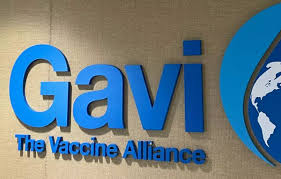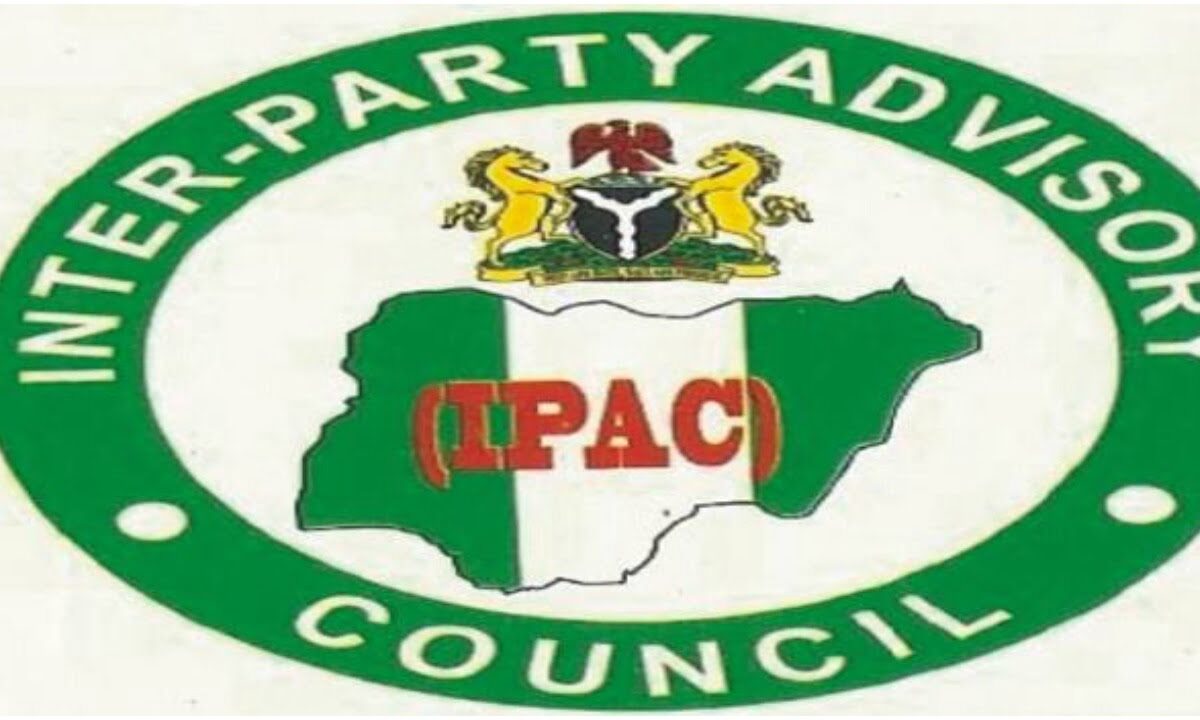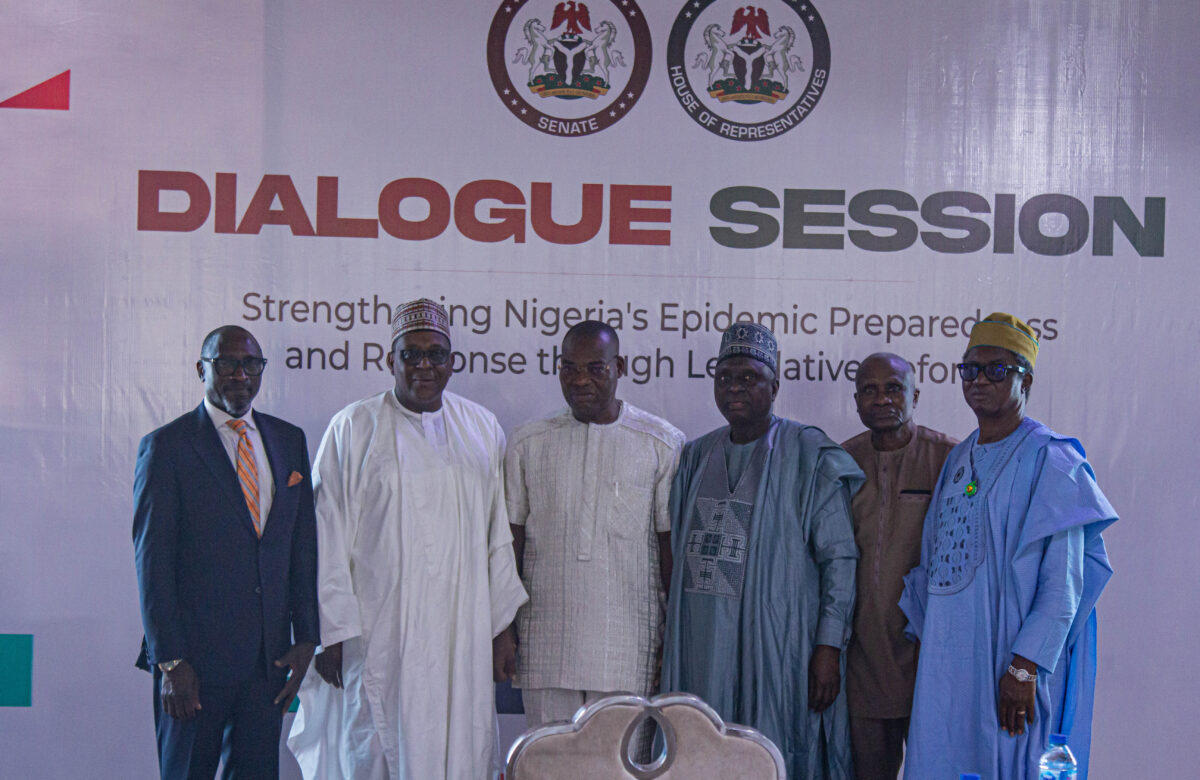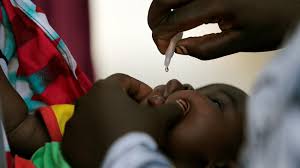
NASS calls for action to bridge immunisation funding gaps in Nigeria
- Health and Wellbeing
- No Comment
- 168
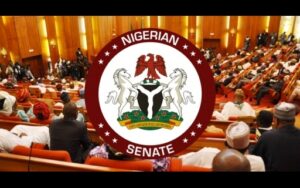
The Deputy Chairman of the Senate Committee on Primary Health Care and Disease Control, Senator Tony Nwoye, has called for adequate action to bridge immunisation funding gaps, describing it as a “major threat” to Nigeria’s health security.
The Deputy Senate Chairman made the call in his remarks at the ‘Multi-Stakeholder Technical Workshop for the Optimization of Immunisation Financing in Nigeria’, organised by Vaccine Network for Disease Control (VNDC).
The technical workshop objectives seeks to foster multi-sectoral collaboration and transparency through open dialogue between parliamentarians and stakeholders involved in immunization financing in Nigeria.
It also seeks to strengthen strategies for efficient allocation and release of immunisation fund in Nigeria and develop strategies to maximise impact through effective utilization of allocated funds for immunisation programs.
While speaking further, Senator Nwoye said, Nigeria’s immunisation funding gap is a ticking time bomb that must be addressed urgently.
“We cannot continue to rely on international donors to fund our immunisation programs. We must take ownership and ensure sustainable financing to protect our citizens from vaccine-preventable diseases.”
Senator Nwoye’s comments come as Nigeria continues to grapple with outbreaks of measles, polio, and other vaccine-preventable diseases.
The country has made significant progress in recent years, but still faces significant challenges in achieving universal immunisation coverage.
The Senate Committee on Primary Health Care and Disease Control has pledged to work with relevant stakeholders to address the funding gap and ensure that Nigeria’s immunisation programs are sustainable and effective in the long term.
“We will work tirelessly to ensure that our immunisation programs receive the funding they need to protect our citizens. We owe it to ourselves, our children, and future generations to get this right,” he said.
Senator Ibrahim Oloriegbe, Chairman of the Senate Committee on Health 9th Assembly, has made a passionate appeal for increased funding for immunization programs in Nigeria. Speaking at a recent webinar on vaccine financing and immunization, Senator Oloriegbe emphasized the need for urgent action to address the current funding gap, which he described as a significant challenge to the country’s efforts to combat vaccine-preventable diseases.
“We need to increase our revenue so that we can get more money to spend on immunization programs,” Senator Oloriegbe said. “We cannot achieve all this without sufficient funding. That’s why I’m happy to see the National Assembly’s commitment to increasing funding for immunization programs. We must prioritize the health and well-being of our citizens, especially our children, who are the most vulnerable to vaccine-preventable diseases.”
Senator Oloriegbe also highlighted the importance of addressing economic constraints and revenue generation to support healthcare initiatives. “We need to look at our economic constraints and see how we can generate more revenue to support our healthcare initiatives. This includes exploring innovative financing options, strengthening public-private partnerships, and improving efficiency in our healthcare systems,” he added.
The Senator’s comments come as Nigeria continues to face challenges in its immunization efforts, including vaccine availability and distribution. The country has made significant progress in recent years, but still faces significant gaps in immunisation coverage, particularly in rural and hard-to-reach areas.
However, with the government’s commitment to increasing funding and support from stakeholders, there is hope for improvement in the country’s immunisation programs. As Senator Oloriegbe noted, “We have the potential to make a significant impact on vaccine-preventable diseases in Nigeria. Let us work together to ensure that our citizens have access to the vaccines they need to live healthy and productive lives.”
Similarly, the Chairman of the Senate Committee on Health at 9th Assembly, Senator Ibrahim Oloriegbe, while making passionate appeal for increased funding for immunisation programmes in Nigeria, emphasized the need for urgent action to address the current funding gap.
Oloriegbe who also described immunisation funding gap as a significant challenge to the country’s efforts to combat vaccine-preventable diseases, advocated for increase the country’s revenue so that Nigeria can get more money to spend on immunisation programs.
“We cannot achieve all this without sufficient funding. That’s why I’m happy to see the National Assembly’s commitment to increasing funding for immunisation programs. We must prioritize the health and well-being of our citizens, especially our children, who are the most vulnerable to vaccine-preventable diseases.”
Senator Oloriegbe also highlighted the importance of addressing economic constraints and revenue generation to support healthcare initiatives.
“We need to look at our economic constraints and see how we can generate more revenue to support our healthcare initiatives. This includes exploring innovative financing options, strengthening public-private partnerships, and improving efficiency in our healthcare systems,” he added
Also, the Director General of the Budget Office, Dr. Tanimu Yakubu, who sounded the alarm on Nigeria’s immunisation funding gap, described it as a “ticking time bomb” that threatens the health and well-being of the nation.
Yakubu revealed that Nigeria’s annual funding gap for immunisation programs stands at a staggering $200 million, a situation he described as “unacceptable”.
“The funding gap for immunisation programs in Nigeria is a significant challenge that we must address urgently.
“We cannot afford to leave our citizens vulnerable to vaccine-preventable diseases. The public sector must do more to increase their financial contribution to immunisation programs. We cannot rely solely on international donors to fill the funding gap.
“We pledge to work with relevant stakeholders to address the funding gap and ensure that Nigeria’s immunisation programs are sustainable and effective in the long term.
“We will work tirelessly to ensure that our immunization programs receive the funding they need to protect our citizens,” Dr. Yakubu said. We owe it to ourselves, our children, and future generations to get this right,” he said.
Meanwhile, the Executive Director of Vaccine Network for Disease Control, Mrs Chika Offor, said the approach of the Network is to consider anything that disrupts development as a disease, and anything that supports development as a vaccine.
Offor said, VNDC currently, operates in seven states, focusing on immunisation, as a critical aspect of their work.
“We need funding to purchase vaccines, which is why we’re here today to discuss the way forward.
“As you saw from the pictures outside, we’re making a positive impact, with girls receiving the HPV vaccine. However, this wouldn’t be possible without financial support, as vaccines can’t be bought with sand.
“At Vaccine Network for Disease Control, we connect with the government, work collaboratively, and celebrate their efforts, recognizing that we can’t achieve our goals alone.
“Our connection is vital to ensuring health for all Nigerians. Thank you for your attention, and I look forward to our discussion,” he added.
By Kazeem Biriowo
https://tribuneonlineng.com/nass-calls-for-action-to-bridge-immunisation-funding-gaps-in-nigeria/



